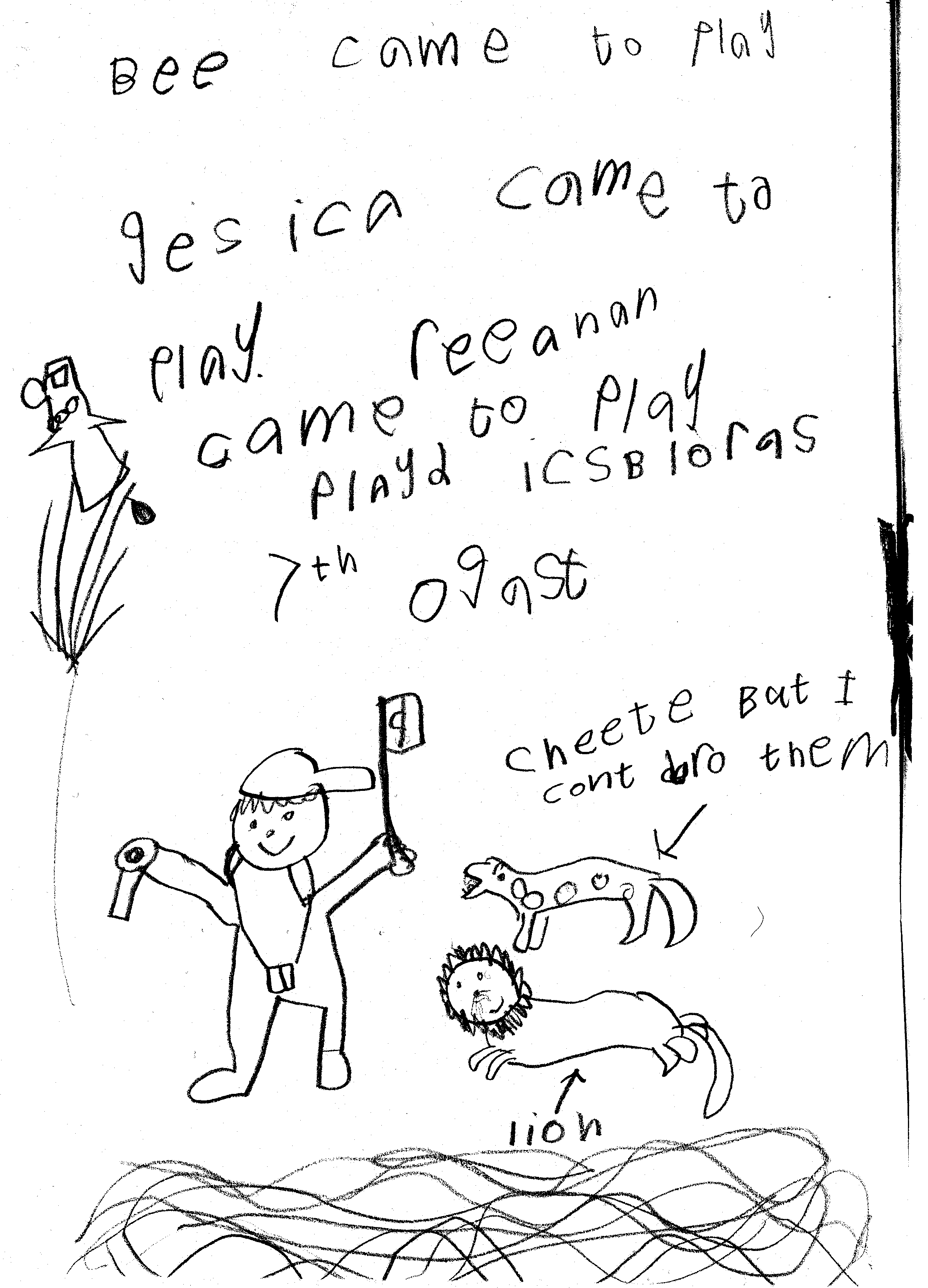Training
 I design and deliver bespoke training for Early Years practitioners in schools, day nurseries, pre-schools, children’s centres, and childminders.
I design and deliver bespoke training for Early Years practitioners in schools, day nurseries, pre-schools, children’s centres, and childminders.
For Centres, this can take the form of staff meetings, Inset days or training, paired observations and support over an extended period. The training will be designed according to the needs of the individual centre, in discussion with senior staff.
Recent Centre-based training has included:
- Creating a supportive environment for children learning English as an Additional Language
- Assessing the language development of children learning English as an Additional Language
- Supporting boys to become confident writers
- Maths outdoors
- Creative science
- Sharing inspirational learning spaces
- Supporting transitions from the EYFS to Year 1
Recent day courses include:
There’s a proper real tarantula in the toilet!” Supporting boys’ learning in the EYFS
This training helps practitioners to recognise, value and include boys’ interests and learning needs in the Early Years Foundation Stage curriculum
Training objectives:
- To develop knowledge and understanding of typical development of boys
- To develop knowledge and understanding of the range of learning styles and needs of individual boys
- To consider how to plan to promote boys’ self-esteem and motivation as learners
- To find out about some stimulating activities to support boys to reach their full potential
Bridging the gap – supporting children learning English as an Additional Language
Learning English as an additional language is so much more than learning new vocabulary and grammar. Children will be learning and trying out new social identities while maintaining their identity within their culture and family. This requires sensitivity, understanding and support from a key person in their life.
This training helps practitioners to develop an understanding of how children learning EAL can be supported in the Early Years Foundation Stage
Training objectives:
- To consider how to help children with EAL bridge the language and cultural gap between home and the early years setting
- To consider the role of the child’s first language in their learning
- To introduce assessment formats and planning that will help children with EAL to develop spoken English
- To share resources and activities that will support all children to access the Early Years Foundation Stage curriculum
The 3 Rs – Real Reasons for WRiting in the Early Years
This training helps practitioners to promote boys’ and girls’ motivation, confidence and skills as early writers
Training objectives:
- To consider how young children learn to write
- To improve practitioners’ observation and assessment skills to support children’s writing development
- To share stimulating and appropriate planning and activities which will motivate young writers
Equality and diversity in the EYFS
This training ideally includes four sessions to include time for reflection, observations and development of best practice and policies in the setting.
Training objectives:
- To consider how children and adults learn racism and discriminatory attitudes and behaviour
- To reflect on how we can all ‘unlearn’ discriminatory behaviour and begin to challenge discriminatory behaviour in others
- To learn about responsibilities with regard to the Race Relations (Amendment) Act 2000
- To consider strategies to support children, families and practitioners to ‘unlearn’ racism and develop respectful relationships
- To consider how children develop stereotypical definitions of gender roles, and how healthy gender identity can be fostered in boys and girls
- To recognise the positive role that men and women practitioners have in EYFS settings and consider ways to improve gender equity in employment
- To learn about responsibilities with regard to the Sex Discrimination Act (Amendments 2001)
- To develop an understanding of how bi- and multi-lingual children develop and learn, and how to support them to have challenging and enjoyable learning experiences




